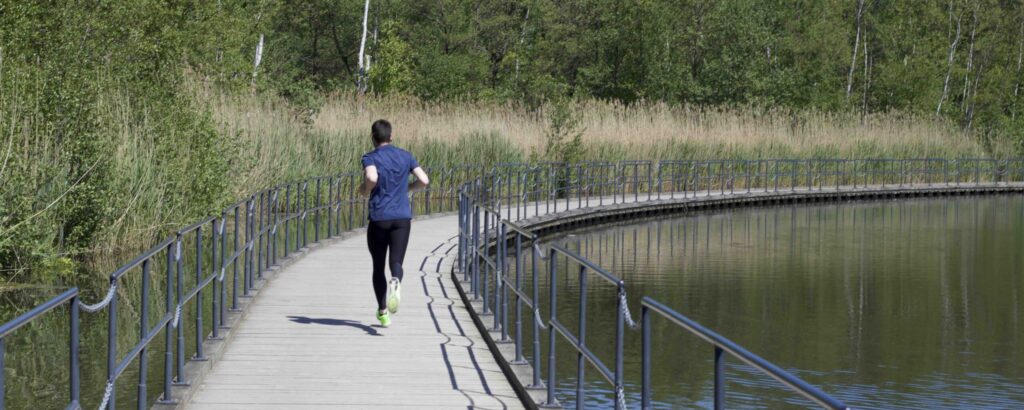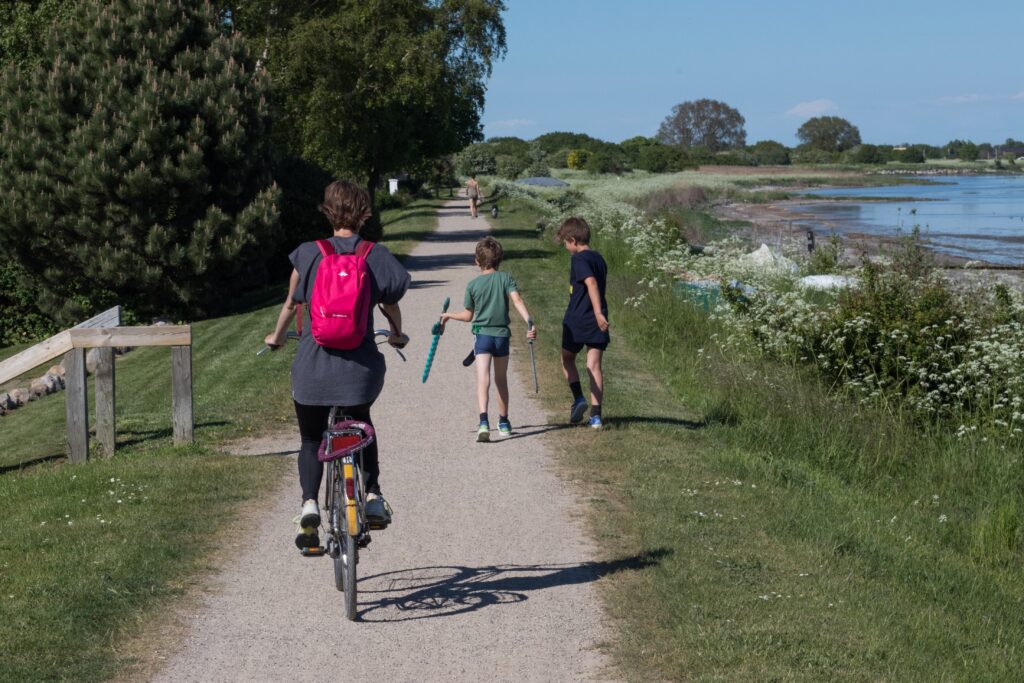
On July 3rd, Humanitat took part in an event held in Imbituba (Santa Catarina, Brazil), organized by LAB Cidade, focused on introducing the concepts of the creative economy and creative tourism to local artisans and young people. The initiative is part of a broader social innovation effort aimed at recognizing local talents and building new development pathways through culture and community engagement.
The full-day program included conversation circles and expert talks, encouraging knowledge exchange and expanding participants’ perspectives. In the morning, local entrepreneurs shared their experiences — including creative bakeries, digital fashion brands, and community-driven ventures — showcasing the existing creative potential within the city.
In the afternoon, Carolina Nunes, urban ecosystems architect at Humanitat, delivered the lecture “Creative City and Tourism.” The talk explored how urban planning can be a catalyst for cultural and tourism development. Drawing from international case studies such as Copenhagen, she demonstrated how public space improvements, when combined with cultural activation, can strengthen the local economy and enhance residents’ quality of life. Practical ideas for Imbituba were also presented, including cultural circuits in dune and lagoon areas, neighborhood-based centralities, pedestrian mobility strategies, and ways to leverage the city’s natural landscapes.
Humanitat’s participation reaffirmed the importance of connecting urban design, culture, and local economic development. Territories with creative potential, like Imbituba, gain momentum when they invest in linking people, places, and opportunities for creative expression and income generation.
We believe this is just the beginning of a broader process. Humanitat is ready to support projects involving territorial planning, local network articulation, participatory methodologies, and creative placemaking in Imbituba and other cities across Brazil. Our mission is to help shape urban spaces into vibrant, sustainable environments that reflect the cultural strengths of their communities.

In Copenhagen, waterfront infrastructure is already a reality: accessible, well-designed paths connect nature, active mobility, and quality of life. Imbituba holds the same potential — with its sea, lagoons, and unique landscapes — and can move in this direction. Humanitat works to develop urban strategies that turn such territorial assets into opportunities for the creative economy and collective well-being.
